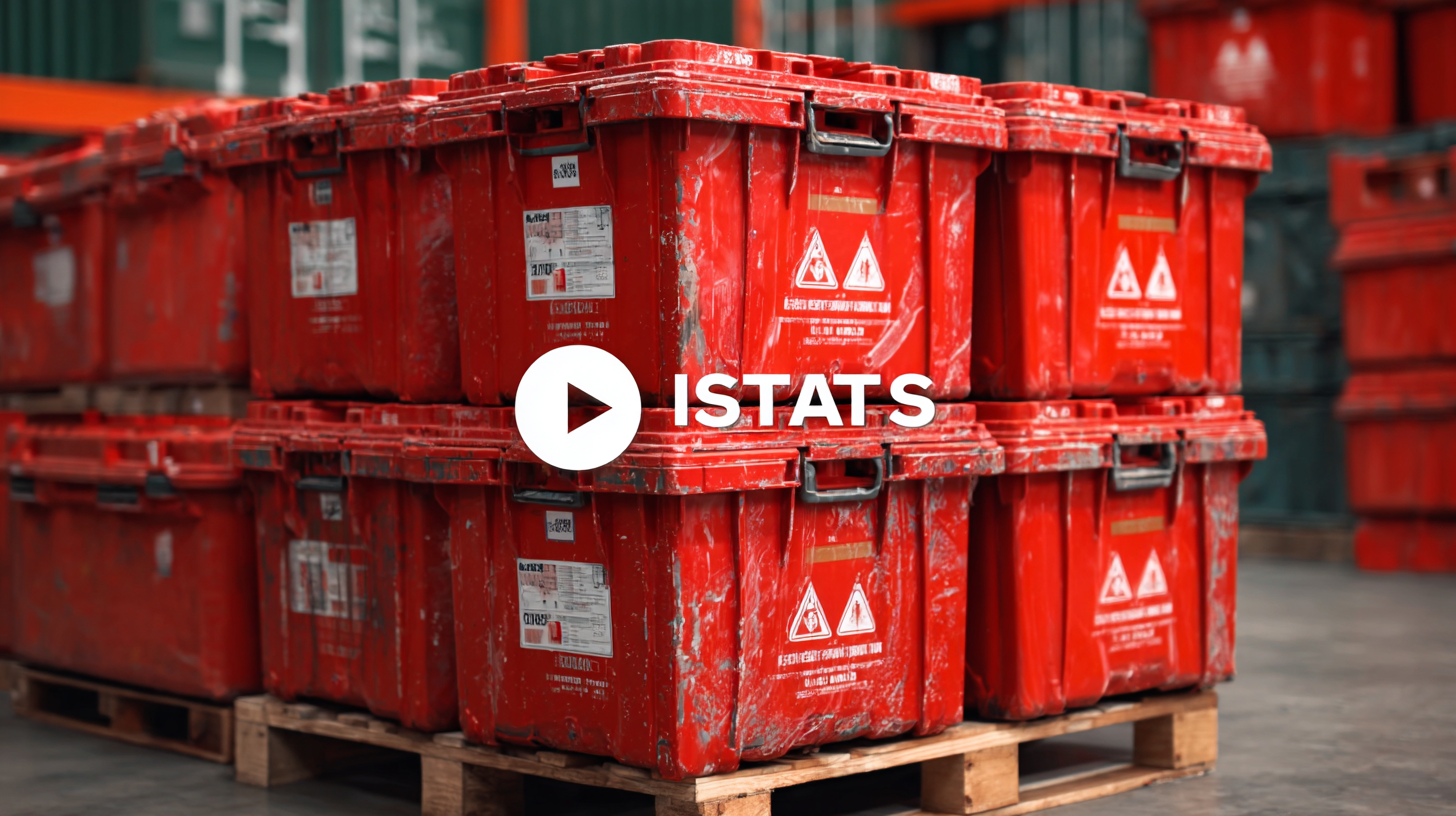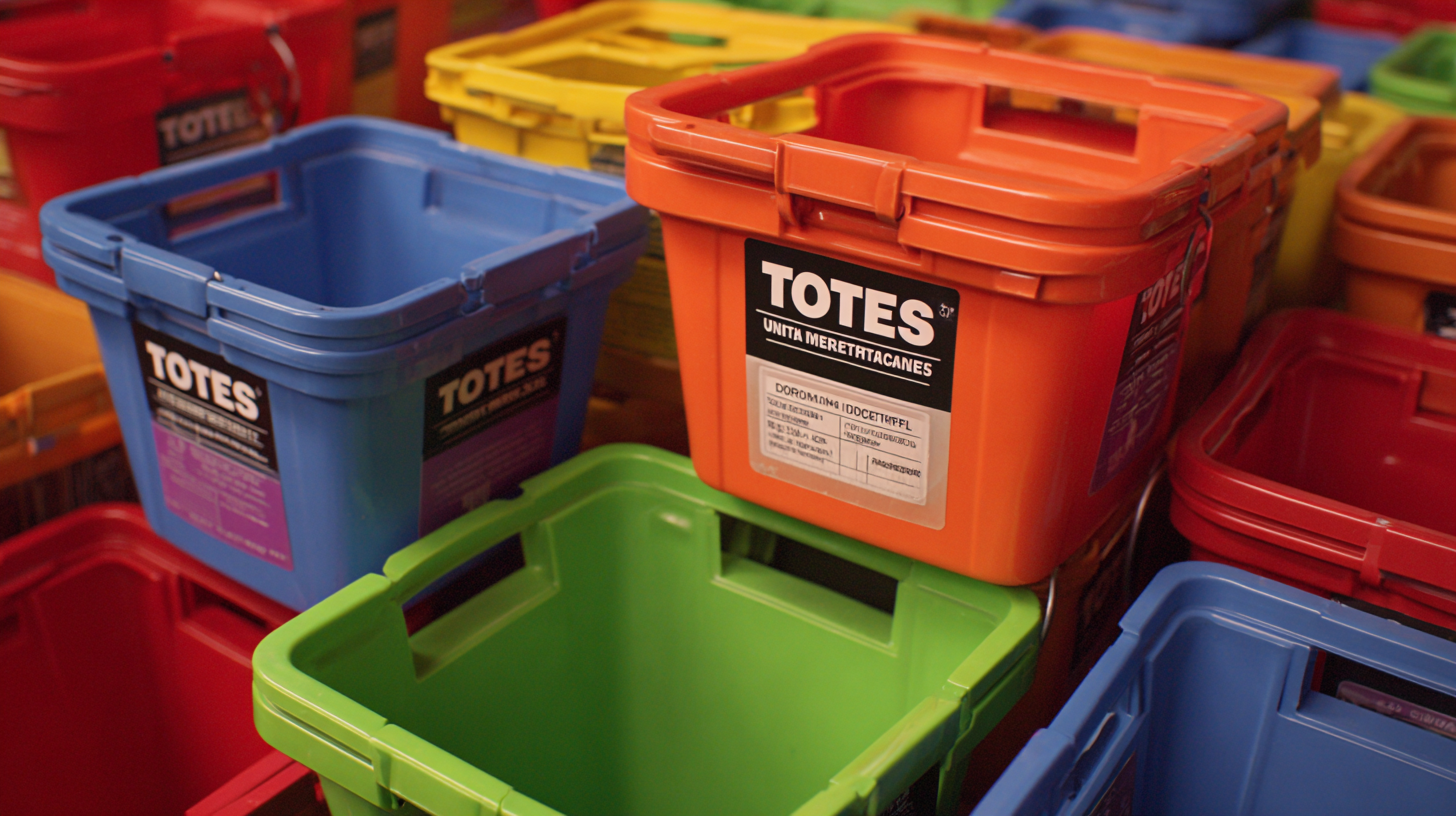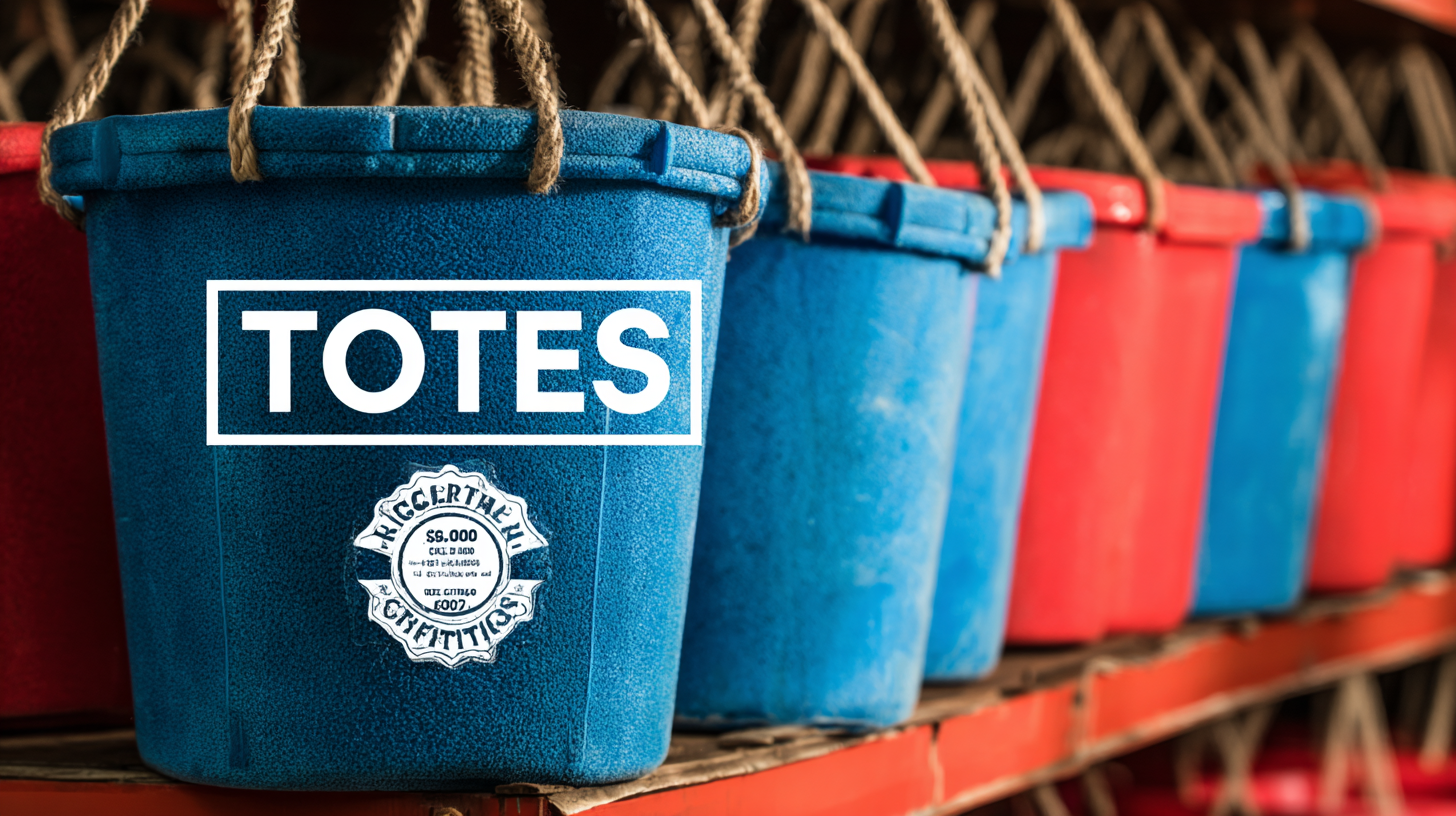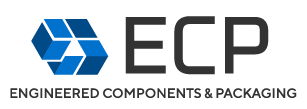585.204.6770
sale@sanblueplastics.com
Your Source for Trays!
How to Ensure Compliance for the Best Totes with Lids: A Guide to Import and Export Certifications
In the bustling world of logistics and supply chain management, the importance of compliance cannot be understated, especially when it comes to the import and export of products such as totes with lids. According to a recent industry report by Allied Market Research, the global market for storage and organization products is projected to reach $16.63 billion by 2026, with a significant portion driven by increased consumer demand for versatile and secure packaging solutions. Ensuring that totes with lids meet relevant import and export certifications is crucial not only for compliance with local and international regulations but also for maintaining product integrity and consumer trust. This guide explores top strategies for navigating the complexities of compliance, empowering businesses to successfully import and export these essential storage solutions while adhering to industry standards and regulations.

Understanding Import and Export Certifications for Totes with Lids
Import and export certifications play a crucial role in ensuring compliance for products such as totes with lids. These certifications not only validate product safety and quality but also facilitate smooth cross-border transactions. For businesses looking to import or export totes with lids, understanding the specific certifications required by different countries is essential. This knowledge helps in avoiding delays and legal complications.
Tip: Always research the import regulations of the destination country comprehensively, as they may stipulate specific standards for materials and manufacturing processes. For instance, some regions have strict guidelines on recyclable packaging, and failing to comply can lead to costly fines or product recalls.
Moreover, staying updated with international trade agreements, similar to the Windsor Framework for medicines in Northern Ireland, can provide insights into the evolving landscape of import/export regulations. Such agreements can influence the availability and compliance requirements for various products.
Tip: Collaborate with certification agencies and trade experts who can offer tailored advice based on your target markets. This proactive approach significantly reduces the risks associated with non-compliance and enhances your product’s marketability.
Key Regulatory Bodies and Standards Affecting Tote Compliance
When importing and exporting totes with lids, understanding the key regulatory bodies and standards is essential for ensuring compliance. Organizations such as the International Organization for Standardization (ISO) and the American National Standards Institute (ANSI) set critical guidelines that affect tote manufacturing. Reports indicate that over 40% of import/export businesses face compliance issues due to inadequate knowledge of these standards, resulting in costly penalties and shipment delays.
Tip: Familiarize yourself with the specific ISO standards applicable to your products, such as ISO 9001 for quality management systems. This can enhance your compliance efforts and streamline the inspection process.
In addition to ISO standards, regional regulations such as the EU's REACH (Registration, Evaluation, Authorisation and Restriction of Chemicals) play a pivotal role in safety and environmental impact assessments. A 2022 industry survey indicated that compliance with REACH decreased the number of regulatory violations by 30% among businesses exporting to Europe.
Tip: Regularly consult with compliance experts or legal advisors specializing in trade regulations to stay updated on changes that could impact your operations. This proactive approach can safeguard your business against unexpected legal challenges.

Best Practices for Documenting Compliance in Totes Manufacturing
When it comes to totes manufacturing, ensuring compliance with industry standards is crucial for maintaining quality and safety. According to a report by the Freedonia Group, the demand for durable and reliable totes is projected to grow by 4.9% annually through 2025, making adherence to compliance regulations even more essential. One of the best practices for documenting compliance involves implementing a robust quality management system (QMS) that tracks material sourcing, production processes, and safety tests. This system not only safeguards the end product but also provides transparency to stakeholders.

Moreover, manufacturers should stay updated with international regulations such as ISO 9001, which outlines the requirements for a quality management system. A specific focus on documentation is necessary; keeping meticulous records—like test results, material safety data sheets (MSDS), and certification of conformity—enables companies to quickly present compliance evidence during audits or inspections. According to the International Organization for Standardization (ISO), organizations that maintain superior documentation are 30% more likely to meet compliance standards consistently. Making these best practices integral to totes manufacturing processes not only enhances product reliability but also instills consumer trust in a competitive market.
Navigating the Certification Process for Global Markets
Navigating the certification process for importing and exporting totes with lids can be complex, especially as compliance regulations evolve globally. Understanding the necessary certifications is key to ensuring your products meet market demands and consumer expectations. The booming global Testing, Inspection, and Certification (TIC) market, projected to reach USD 352.24 billion by 2034, indicates a strong emphasis on quality assurance in international trade, making it crucial for businesses to stay informed about the latest compliance standards.
Tip 1: Research the specific certifications required in your target markets. This might include safety, environmental, or sustainability certifications that align with local regulations. Engaging with a knowledgeable certification partner can streamline this process.
Tip 2: Incorporate sustainability into your product offerings. Certifications related to sustainability not only enhance your product appeal but also align with the growing consumer preference for ethically produced goods. Consider obtaining certifications that verify your commitment to environmentally friendly practices.
Tip 3: Keep abreast of trends in the TIC market, as the industry is expected to experience steady growth between 2025 and 2035. This will help you adapt quickly to any changes in compliance requirements or market demands, ensuring that your product offerings remain competitive on a global scale.
Emerging Trends in Compliance Technology for the Tote Industry
The tote industry is experiencing a significant shift, driven by emerging compliance technologies aimed at enhancing product certifications for import and export. As companies increasingly prioritize sustainability and regulatory adherence, innovative compliance solutions are critical. According to a recent analysis, the global commercial cleaning services market is projected to reach USD 443.23 billion by 2033, growing at a CAGR of 6.7%. This expansion underscores the growing awareness and demand for compliant, eco-friendly products, impacting various sectors including the tote industry.
Furthermore, the integration of advanced technologies into compliance processes is transforming how manufacturers approach certification. With the rise of artificial intelligence and IoT, businesses are harnessing real-time data analytics to streamline compliance measures and mitigate risks associated with non-compliance. This trend is expected to drive operational efficiency and bolster consumer trust, positioning companies to thrive in an increasingly competitive marketplace. As the industry evolves, companies must adapt to these trends to remain compliant and meet the expectations of stakeholders.
How to Ensure Compliance for the Best Totes with Lids: A Guide to Import and Export Certifications
| Certification Type | Issuing Authority | Region of Compliance | Validity Period | Emerging Trends |
|---|---|---|---|---|
| ISO 9001 | International Organization for Standardization | Global | 3 Years | Automation in Compliance Tracking |
| ASTM D6400 | ASTM International | USA | Indefinite | Increased Emphasis on Sustainability |
| REACH | European Chemicals Agency | Europe | Ongoing | Digitization in Regulatory Data Management |
| FDA Approval | Food and Drug Administration | USA | Varies by Product | Blockchain for Supply Chain Transparency |
| BPA-Free Certification | Various Certifying Bodies | Global | Annually | Integration of AI in Compliance Monitoring |
